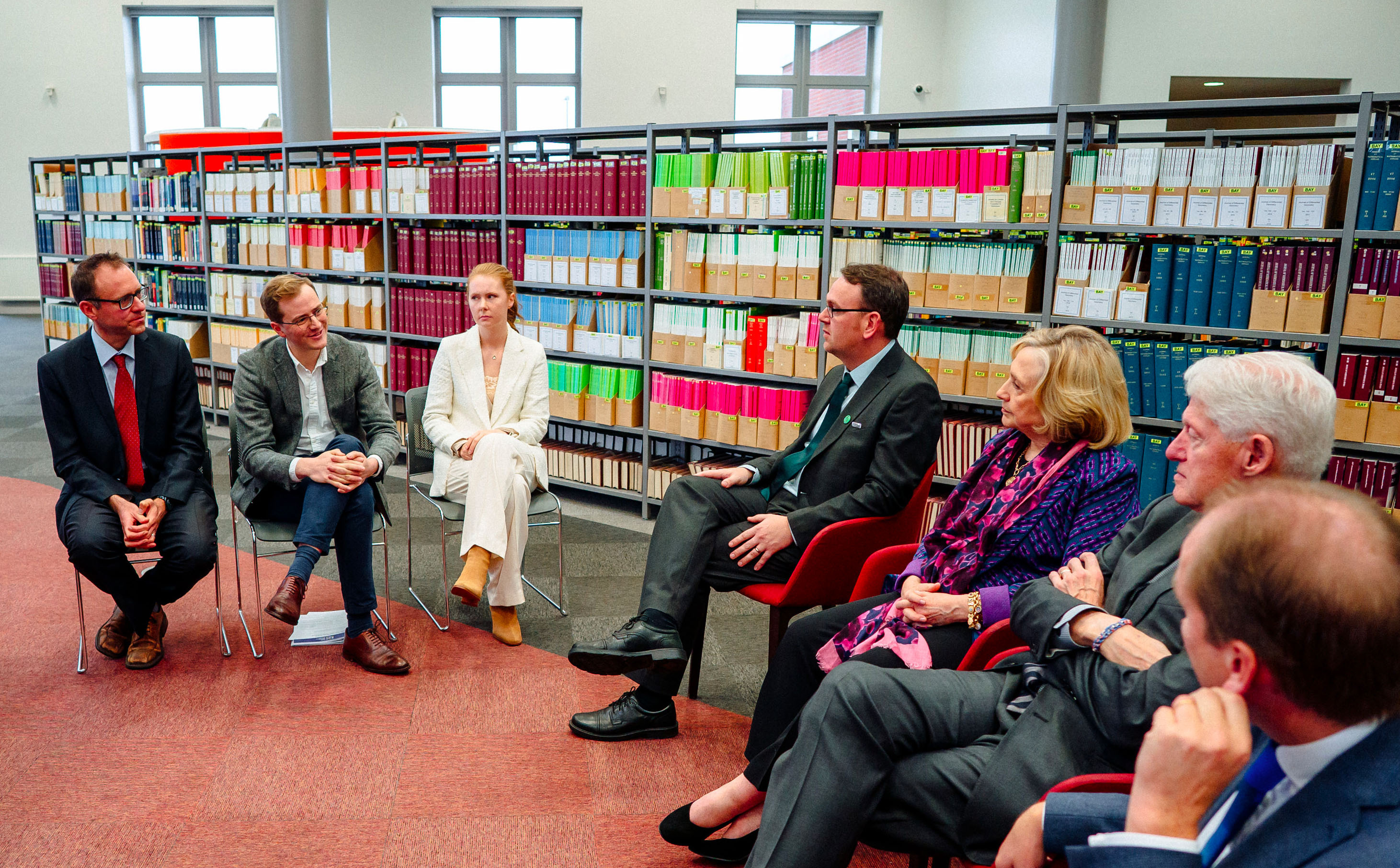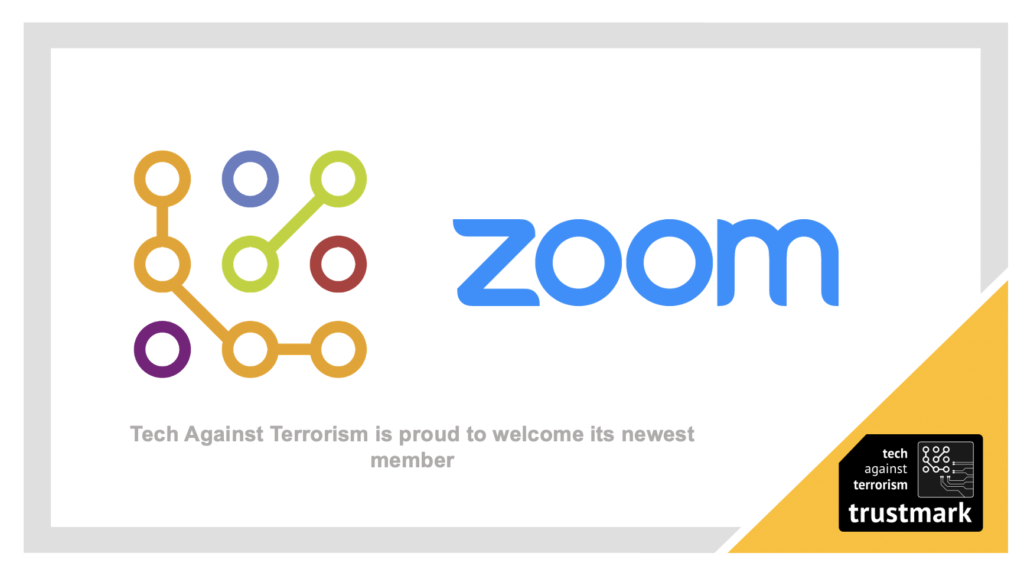Tech Against Terrorism Meets with Secretary Hillary Clinton and President Bill Clinton
Tech Against Terrorism's Executive Director, Adam Hadley, met with Secretary Hillary Clinton and President Bill Clinton at Swansea University to...
Tech Against Terrorism held its sixth workshop this year on 30th October in London, in partnership with Balderton Capital, the venture capital firm. The event brought together stakeholders from a multitude of technology sectors, from cyber-security to machine-learning. The key issues during the day-long event covered the importance of knowledge sharing not only between tech companies, but also between experts and tech companies, and the demand from tech companies for access to typologies and uniform definitions of terrorist groups, and their affiliations on the Knowledge Sharing Platform.
In the morning session, experts from the tech industry and academia kicked off discussions around terrorist financing, from the looting of antiquities to money tracing (“Raise/Store/Move/Use”). Key issues raised including the difficulty in definition, the changing nature of the threat, and the requirement to match expertise with capability.
One expert recommended to technology companies - and in particular to fintechs - to ask themselves these questions to better understand how their technology can be used for terrorist financing and how to mitigate against this: “Is there a way of subverting the actual purpose of your product? If you operate a platform where you do crowd-funding, how easy is it for someone to crowdfund for one reason, and actually use it for another? What due diligence do you do for it?”.
The importance of information-sharing was emphasised, with one commentator asserting “sharing information is the only way we will get ahead of criminals”. Participants recognised the necessity of pairing academics with tech companies - expertise with capability. The practical elements of our Knowledge Sharing Platform (KSP), with risk assessment and the provision of materials to understand platform exploitation, were also welcomed.
The second panel focused on modern technology and terrorism, with an academic speaker alluding to the ‘catch 22’ nature of encryption, noting that “you can’t get a legal injunction until you have evidence, but you can’t get the evidence until you have access to the message”. A representative from a think-tank discussed the difficulty in evaluating one’s success in the “latest theatre of war”, raising questions such as “is our side winning? Is our side losing? How are we evaluating our own efforts?”. The dichotomy between the two principles of Liberty and Security (and the perception of an equal correlation between the two) contributed to the key debate around definitions. A prosecutor from The Hague agreed, emphasising the importance of human rights and privacy over security.
Discussion on key requirements continued into the afternoon. One participant, who works for a cyber security firm, emphasised a demand for a list of typologies, patterns of behaviour that companies could share with one another, to assist with detection. Further, with stricter financial regulations in place, a participant discussed the difficulty in creating content definitions in-house, due to discrimination and inequality laws. As such, such organisations would welcome a uniform list of definitions, where possible.
We want to thank Balderton Capital for supporting us and providing the venue, and to all of our participants.

Tech Against Terrorism's Executive Director, Adam Hadley, met with Secretary Hillary Clinton and President Bill Clinton at Swansea University to...
 Read More
Read More